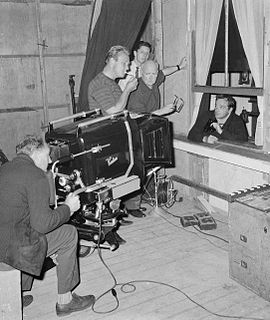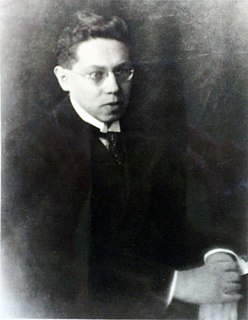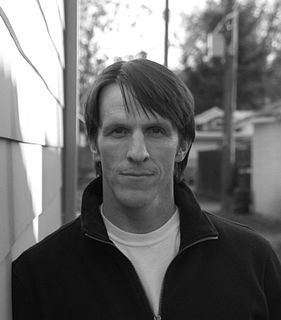A Quote by Pamela Sargent
What 'Floating Worlds' does draw on is Holland's artistry in bringing the past to life in her historical fiction and depicting the people who inhabited that past.
Related Quotes
Above all, documentary must reflect the problems and realities of the present. It cannot regret the past; it is dangerous to prophesy the future. It can, and does, draw on the past in its use of existing heritages but it only does so to give point to a modern argument. In no sense is documentary a historical reconstruction and attempts to make it so are destined to failure. Rather it is contemporary fact and event expressed in relation to human associations.
It is not the literal past that rules us, save, possibly, in a biological sense. It is images of the past. Each new historical era mirrors itself in the picture and active mythology of its past or of a past borrowed from other cultures. It tests its sense of identity, of regress or new achievement against that past.
But the past does not exist independently from the present. Indeed, the past is only past because there is a present, just as I can point to something over there only because I am here. But nothing is inherently over there or here. In that sense, the past has no content. The past - or more accurately, pastness - is a position. Thus, in no way can we identify the past as past
The life of a plural wife, she'd found, was a life lived under constant comparison, a life spent wondering. Sitting across from her sister-wives at Sunday dinner, the platters and serving dishes floating past like hovercraft, the questions were almost inescapable; Who of us is the most happy? Which of us is his one true love? Who does he desire the most?
































